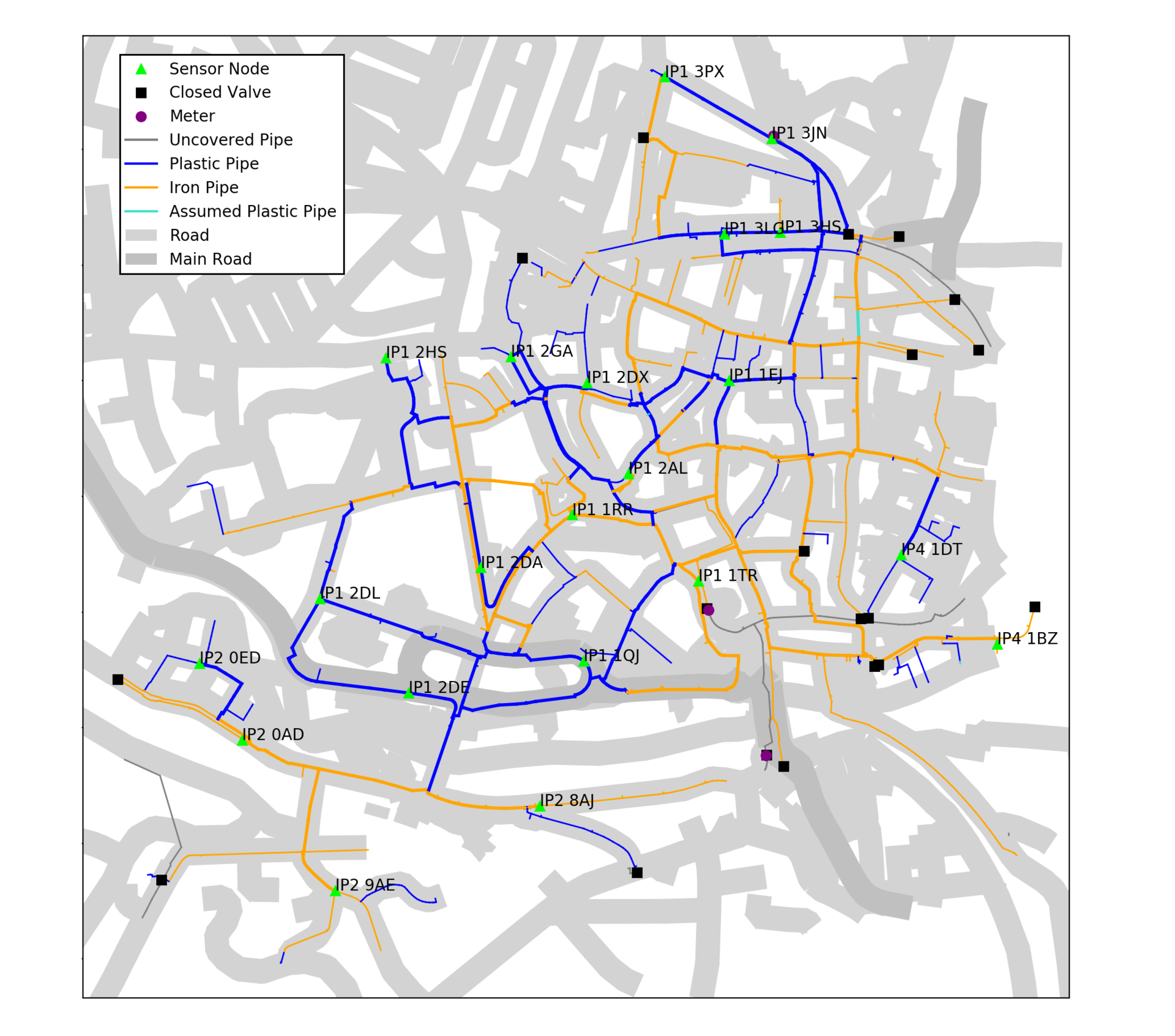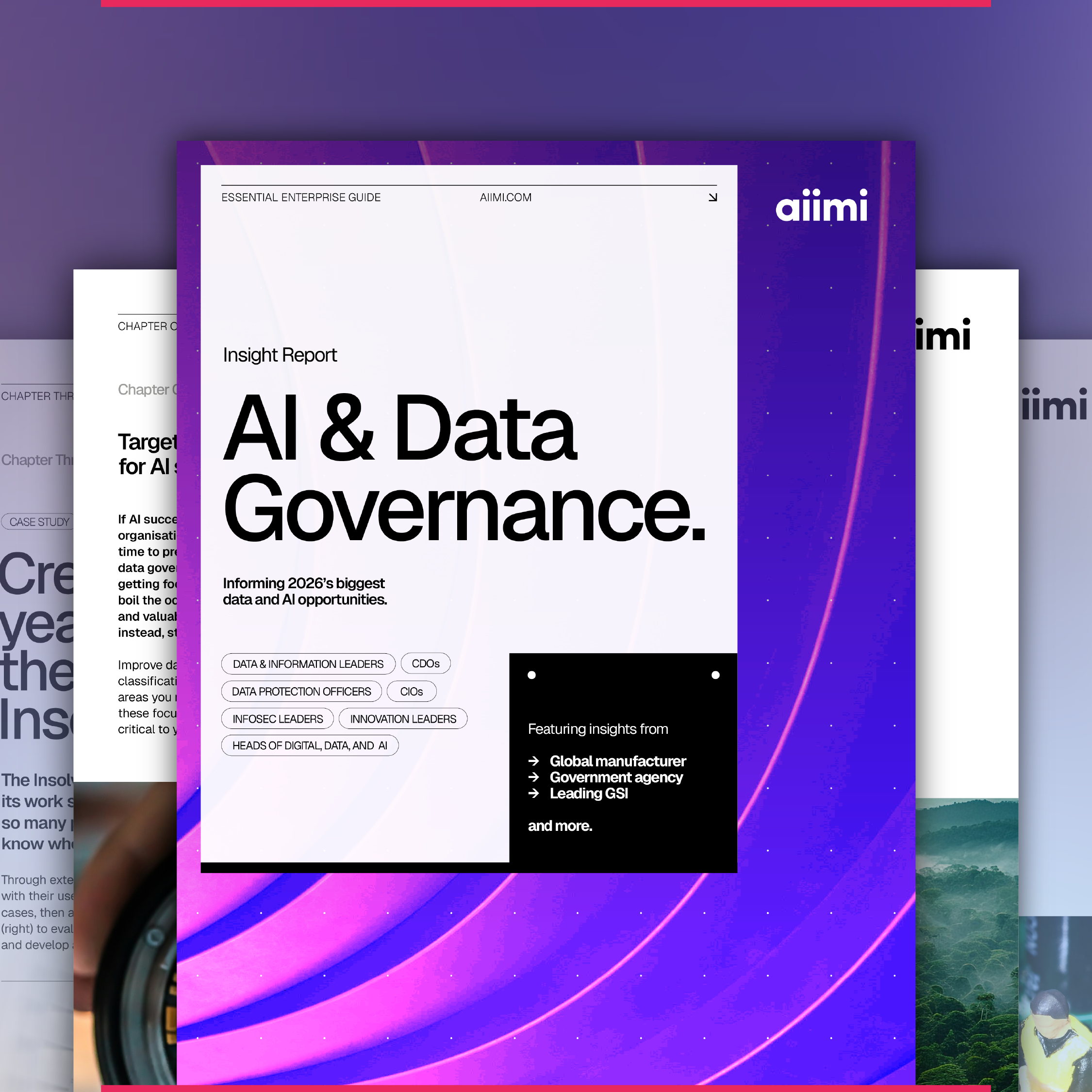Who is a Data Scientist? (And what exactly is Data Science)

Despite my experience in the industry, I regularly find myself grappling with the question: “What exactly is data science?”
Understanding the answer to this is important not only for communicating value to our customers, but also for ensuring we have a diverse team with all the right skills to deliver the best data science we can. You’d think that with data science being my day job, it would be very easy for me to pin this down, but the reality is that data science is a very broad school and can mean a lot of different things to different people.
Different organisations will have different definitions of what data science means to them, and I have no doubt that these definitions will continue to grow and evolve with this very dynamic industry. For example, the growing prevalence of AutoML (automated machine learning) is helping to shift data scientists’ focus away from some of the intricacies of machine learning, allowing them more time to focus on how these algorithms can work in a business context. Even in this changing landscape, I have a very clear idea of what data science means to Aiimi and the values we commit to in all our projects.
I think the best way to explore what it means to be a data scientist is through some examples. A well-rounded project (and one I think explains this well) is the development of a system that can determine the optimum positions for next-generation, leak-detecting, hydrophone sensors for Anglian Water.

There were three core data science elements to this project, which were critical to its success:
Mathematical modelling using Dijkstra’s Algorithm to determine how the sound of leaks propagates through a water network.
Developing a robust application that can interface with both corporate and open data sources to drive the calculations.
Understanding the practical context of the problem, e.g. which configurations of pipes would not require hydrophone monitoring, or where sensors can physically be fitted.
You might also like: Network Analytics for Novel Hydrophones
Each of these elements requires its own unique skillset, and they’re not all what you may initially think of when considering the skills of a data scientist. While various definitions exist, I like to consider data science as a combination of three key aspects: Maths & Statistics, Computer Science, and Business Context.

While all data scientists should possess skills in each of these areas, unicorns do not exist and most of us will tend to specialise in one particular area. As such, the best data science work is done by well-balanced teams.
Unicorns do not exist and most of us will tend to specialise in one particular area.
Building such teams is an excellent example of thought diversity. Within Aiimi, we have several examples of each ‘flavour’ of data scientist, for example:

Jack Lawton, Paul Maker & Ryan Moore
Maths & Statistics – Jack Lawton
As Data Science Principal, I try to take a balanced view of all three areas. But I’m a physicist at heart and that mathematical way of thinking will often show in the work I do. That can be on the business side, such as diving into fluid dynamics on some work for Anglian Water, or more technical, like helping our R&D team design new cutting-edge algorithms.
Computer Science – Paul Maker
Our CTO Paul takes a very hands-on approach to data science, representative of a computer science focus. Paul has a history in developing large-scale systems in previous roles at BT and OpenText, and he continues to contribute key pieces of code for new data science capabilities being worked on by our development team.
Business Context – Ryan Moore
As Head of Data & Analytics, Ryan is a key voice in commercial decisions regarding data science. As such, he needs to understand our customers’ business models and how exactly data science techniques can be used to deliver real value. But don’t be fooled, he’s not afraid to flex his technical muscles and develop models himself when required!
Hopefully you will find this interpretation useful for better understanding your own data science principles, helping target personal development, and facilitating conversations around thought diversity.
I’ll be discussing the core skills of a data scientist in the context of team building in my upcoming LinkedIn Live event with Richard Foster-Fletcher on Wednesday August 19th, and in the context of helping Anglian Water solve real-world leakage problems with Richard Fielding (Smart Water Systems Engineer) at the Milton Keynes Artificial Intelligence (MKAI) meetup on Thursday August 20th from 5pm.
Stay in the know with updates, articles, and events from Aiimi.
Discover more from Aiimi - we’ll keep you updated with our latest thought leadership, product news, and research reports, direct to your inbox.
You may unsubscribe from these communications at any time. For information about our commitment to protecting your information, please review our Privacy Policy.



